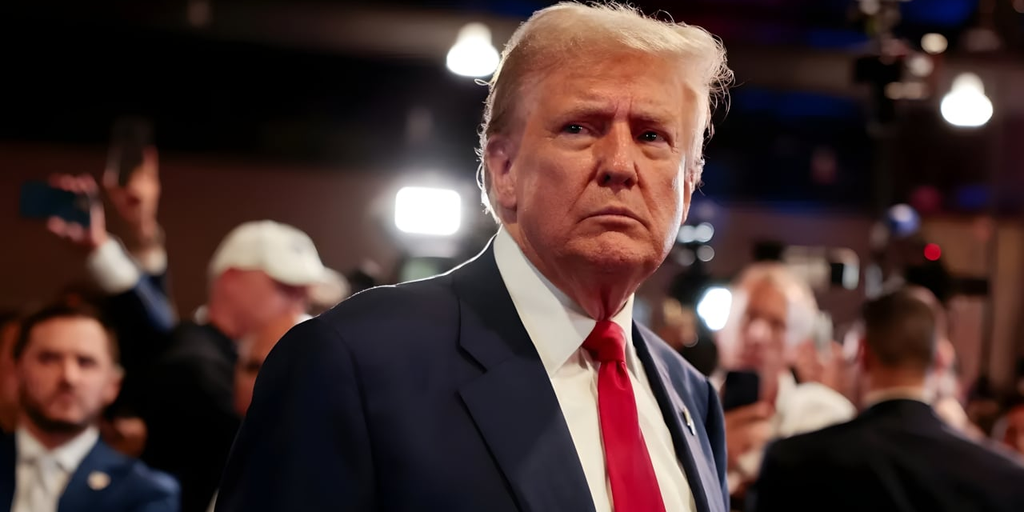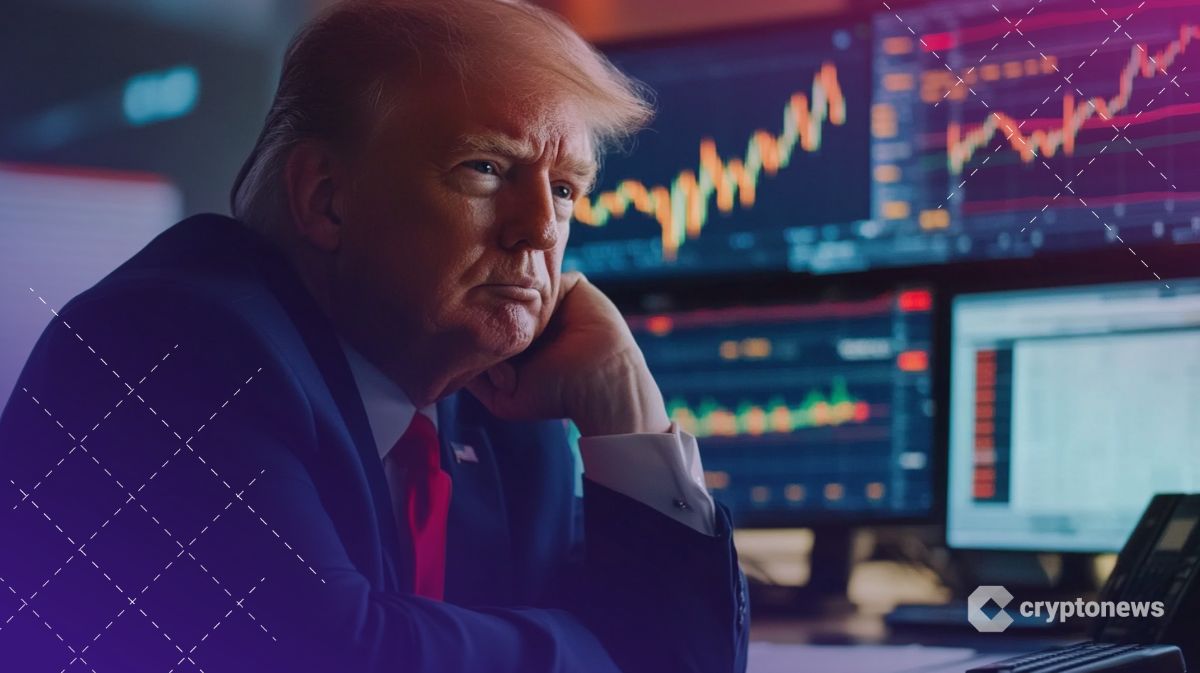With his exit aligning with the upcoming presidential transition to Donald Trump’s administration, Gensler spoke candidly about his leadership’s challenges, particularly in crypto regulation, corporate governance, and treasury market reforms.
In a notable resolution under Gensler’s watch, Robinhood, a prominent brokerage, agreed to pay $45 million to settle SEC charges concerning violations of more than 10 securities law provisions. The penalty marked a key example of the SEC’s enforcement actions, highlighting a consistent focus on protecting investors and addressing industry missteps.
The interview also shed light on Gensler’s contentious relationship with the cryptocurrency sector, a space he repeatedly described as “highly speculative.” He pointed out a history of noncompliance within the industry, spanning issues like anti-money laundering laws and sanctions violations.
“Bitcoin’s not a security, but these 10,000 or 15,000 other tokens—the investing public has been hurt over the many years,” Gensler emphasized.
Gensler’s Reform Successes — Not Just CryptoDuring his four-year tenure, Gensler championed reforms beyond cryptocurrency. He lauded progress in shortening settlement cycles, improving U.S. Treasury market stability, and tightening corporate governance. Notably, insider trading rules now mandate a three-month waiting period between filing and executing trades—a measure Gensler called critical for fairness in markets.
The $28 trillion Treasury market, a cornerstone of U.S. financial stability, received particular attention under Gensler’s leadership. Collaborating with Treasury Secretary Janet Yellen and Federal Reserve Chair Jay Powell, he oversaw reforms expected to sustain resilience as the market grows to a projected $36 trillion in the next four years.
“The $28 trillion Treasury market is predicted by the Congressional Budget Office to grow to about 35 or 36 trillion in four years. It’s going to grow 25%,” said Gensler.
Despite these achievements, Gensler faced criticism for what some viewed as an overly litigious approach to regulation. Addressing this concern, he highlighted the SEC’s role as a “law enforcement agency” tasked with ensuring transparency and fairness in capital markets.
“We have laws. Congress has passed those laws. Of course, they can change that,” he noted, affirming his belief in the existing regulatory framework.
Crypto Policies and Investor Protection — Gensler’s TakeThe future of the crypto industry is featured prominently in Gensler’s exit interview. Critics argued his policies stifled innovation, but Gensler maintained a cautious stance, emphasizing the importance of investor protection. “The crypto field trades mostly on sentiment and much less on fundamentals,” he remarked, underscoring the need for greater transparency in token projects.
Bitcoin, however, stood apart in Gensler’s analysis. While he reiterated the SEC’s stance that Bitcoin is not a security, he remained reserved about its long-term value. “It’s hard to predict… 7 billion people want to trade it, just like we do have gold for 10,000 years,” he observed. Yet, he emphasized that other crypto projects must demonstrate real-world use cases to ensure their survival.
Critics also pressed him on whether the SEC, under his leadership, had unintentionally hindered Bitcoin’s progress. Gensler responded by pointing to the introduction of Bitcoin exchange-traded funds based on futures contracts, a development he framed as a step forward for the institutional adoption of digital assets.
Gensler acknowledged the evolving landscape of corporate priorities, including the rollback of diversity and climate initiatives by some Fortune 500 companies.
“Markets will figure out whether the climate disclosure is relevant and material to their investment decisions,” he remarked.
What’s Ahead?As he prepares to leave public office, Gensler expressed pride in the SEC’s achievements, from implementing structural market reforms to navigating the complexities of a $120 trillion capital market. Addressing the SEC’s broader mission, he stated:
“Capital markets are best when they’re competitive, deep, and lots have access.”
While his tenure has been polarizing, Gensler emphasized the importance of disclosure and fairness across industries. “It’s a great privilege to serve,” he said, adding that he remains optimistic about the SEC’s ability to adapt to future challenges, including the rise of artificial intelligence and other transformative technologies.
Source: Donald Trump Truth Social
Gensler will be replaced by the crypto-friendly Paul Atkins. Atkins, an SEC commissioner from 2002 to 2008 during President George W. Bush’s administration, is known for his pro-deregulation approach and support for financial innovation, including digital assets.
When announcing the nomination, Trump praised Atkins as a “proven leader for common-sense regulations” and underscored his commitment to “robust, innovative capital markets” designed to meet investor needs and strengthen the U.S. economy. Trump also emphasized Atkins’ acknowledgment of the role digital assets and other innovations play in advancing America’s economic leadership.



















